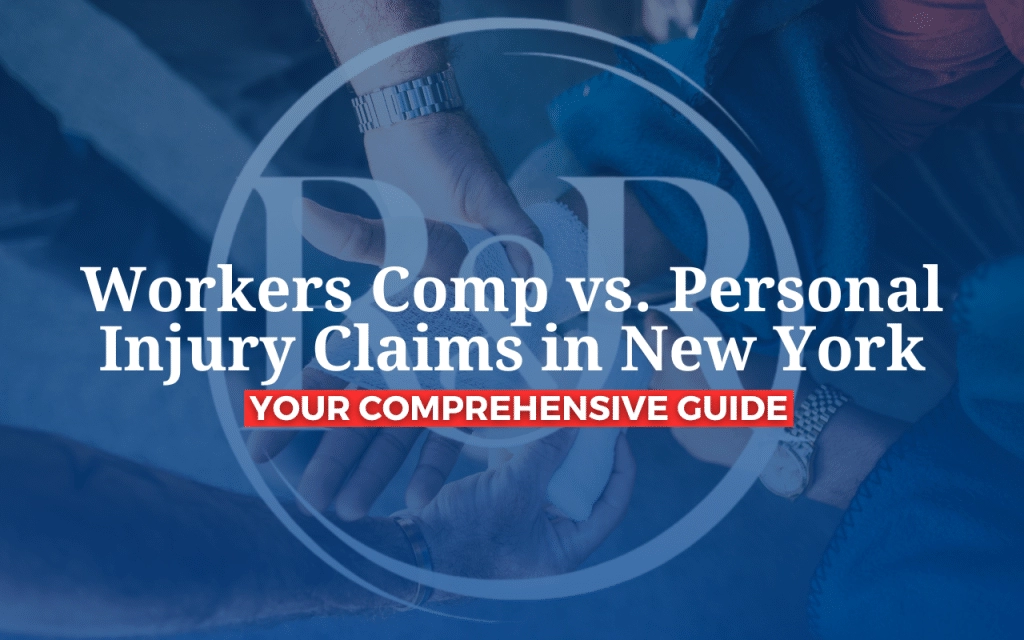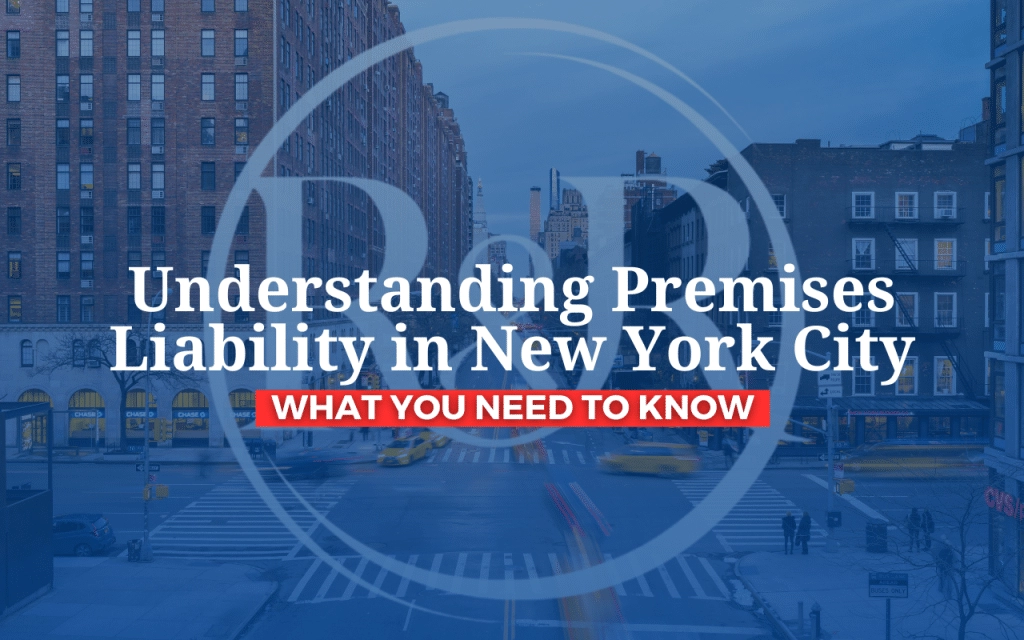When dealing with the aftermath of an accident, one of the most pressing concerns is often the mounting medical bills. For victims navigating the complexities of a personal injury claim, understanding how settlements work, particularly in relation to medical expenses, is crucial. At Rosenberg & Rodriguez, we’re here to provide clarity and guidance on this matter.
What is a Personal Injury Settlement?
A personal injury settlement is a financial agreement reached between the injured party and the at-fault party (or their insurance company) to compensate for injuries and damages sustained due to the accident. This settlement typically covers various expenses, including medical bills, lost wages, pain and suffering, and more.
The Importance of Medical Bills in Personal Injury Claims
Medical bills are often one of the largest expenses following an accident. These bills may include:
- Emergency room visits
- Hospital stays
- Surgical procedures
- Rehabilitation and physical therapy
- Prescription medications
- Follow-up visits with healthcare professionals
Given the significant financial burden these expenses can impose, ensuring they are adequately covered in your settlement is essential.
Do I Have to Pay Medical Bills Out of My Settlement?
In most cases, yes, medical bills must be paid out of your personal injury settlement. However, the process of handling these payments can vary based on several factors:
Health Insurance Coverage
If you have health insurance, your provider may cover a portion of your medical expenses upfront. However, it’s important to understand that health insurance companies often seek reimbursement for the amounts they paid on your behalf once you receive your settlement. This process is known as subrogation.
Medical Liens
Healthcare providers may place a lien on your settlement to ensure they are paid for the services they rendered. A medical lien gives the provider a legal right to a portion of your settlement funds to cover the outstanding medical bills. Negotiating these liens can be complex, and an experienced personal injury attorney can assist in reducing the amount you owe.
No-Fault Insurance and MedPay
In states with no-fault insurance or if you have Medical Payments (MedPay) coverage, your own insurance company may cover your medical bills regardless of who was at fault for the accident. These payments can be used to cover immediate medical expenses, and your settlement can then be used to reimburse your insurance company.
Steps to Handle Medical Bills After a Settlement
Managing medical bills after receiving a settlement involves several steps:
1. Prioritize Medical Treatment
Your health should always be your top priority. Ensure you receive all necessary medical treatment, even if you anticipate a lengthy settlement process. Prompt and thorough medical care is not only crucial for your recovery but also strengthens your injury claim.
2. Track All Medical Expenses
Maintain detailed records of all medical expenses related to your injury. This includes invoices, receipts, and any correspondence with healthcare providers. Documentation is key to accurately calculating the value of your claim and ensuring all expenses are covered.
3. Calculate the Full Extent of Your Damages
Work with your attorney to calculate the total amount of damages you have incurred. This includes both economic damages (medical bills, lost wages) and non-economic damages (pain and suffering, emotional distress). A comprehensive calculation ensures you receive a fair settlement.
4. Negotiate Medical Liens
If there are medical liens on your settlement, your attorney can negotiate with healthcare providers or insurance companies to reduce the amount owed. This can significantly impact the final amount you take home from your settlement.
5. Allocate Settlement Funds
Once you receive your settlement, allocate the funds to pay off your medical bills and any outstanding liens. Your attorney can guide you through this process, ensuring all obligations are met while maximizing your recovery.
The Role of Your Attorney
Navigating the intricacies of medical bills and settlements can be overwhelming. An experienced personal injury attorney from Rosenberg & Rodriguez can provide invaluable assistance in the following ways:
Negotiating with Insurance Companies
Insurance companies often attempt to minimize the amount they pay out in settlements. Your attorney can negotiate on your behalf, ensuring you receive fair compensation that adequately covers your medical expenses and other damages.
Handling Medical Liens
Dealing with medical liens requires legal expertise. Your attorney can negotiate with healthcare providers to reduce lien amounts, helping you retain more of your settlement.
Maximizing Your Settlement
An attorney’s primary goal is to maximize your settlement. This involves thorough documentation, expert negotiation, and a deep understanding of personal injury law.
Providing Peace of Mind
Knowing you have a dedicated legal professional handling your case allows you to focus on your recovery. Your attorney will manage the legal complexities, so you don’t have to.
Common Questions About Medical Bills and Settlements
To further clarify the process, here are some common questions our clients ask about medical bills and settlements:
Can I Use My Settlement to Pay Future Medical Expenses?
Yes, your settlement can be used to cover future medical expenses related to your injury. It’s important to work with your attorney to estimate these costs and ensure they are included in your settlement.
What If My Settlement Doesn’t Cover All My Medical Bills?
If your settlement doesn’t cover all your medical bills, you may need to explore other options, such as negotiating payment plans with healthcare providers or seeking additional compensation through other legal avenues.
How Long Does It Take to Receive My Settlement?
The timeline for receiving a settlement can vary based on the complexity of your case and the willingness of the at-fault party to negotiate. Your attorney can provide a more accurate estimate based on the specifics of your case.
Do I Have to Pay Taxes on My Settlement?
In most cases, personal injury settlements are not subject to federal income tax. However, there are exceptions, and it’s advisable to consult with a tax professional to understand your specific situation.
Contact Rosenberg & Rodriguez Today
Understanding how to manage medical bills in relation to your settlement is crucial for your financial and physical well-being. At Rosenberg & Rodriguez, we are committed to guiding you through this process with expertise and compassion. Our goal is to ensure you receive the compensation you deserve while alleviating the stress of handling medical expenses.
If you have more questions or need assistance with your personal injury claim, don’t hesitate to contact us. We’re here to help you every step of the way.




